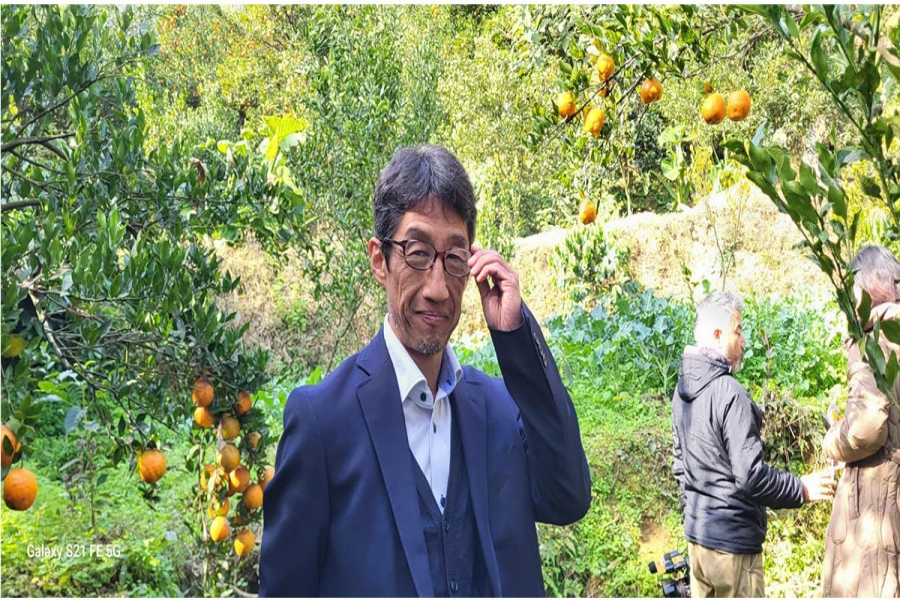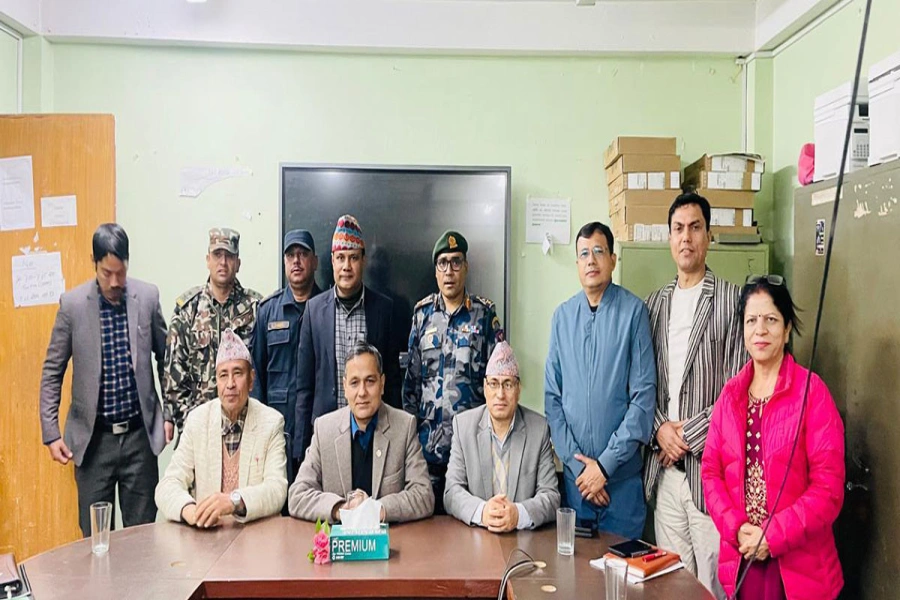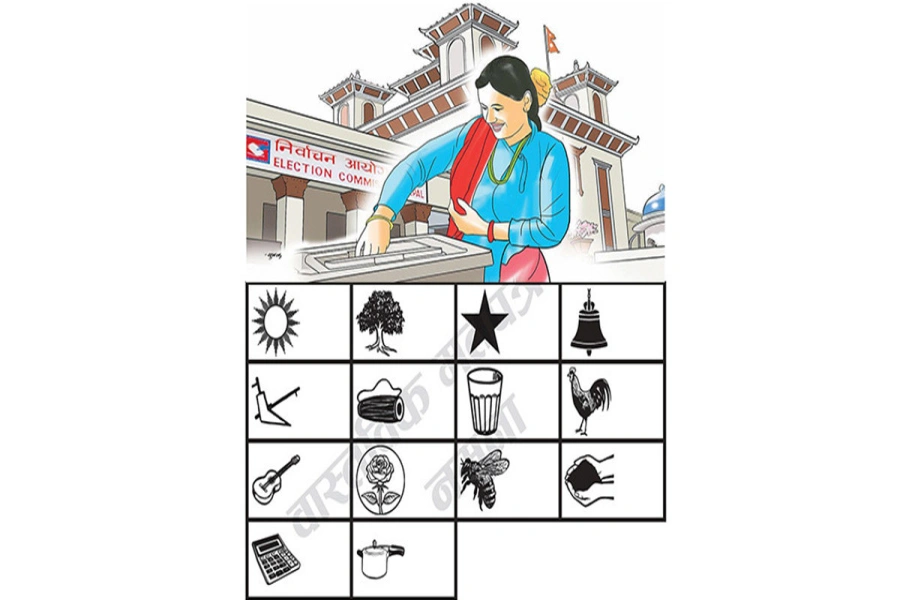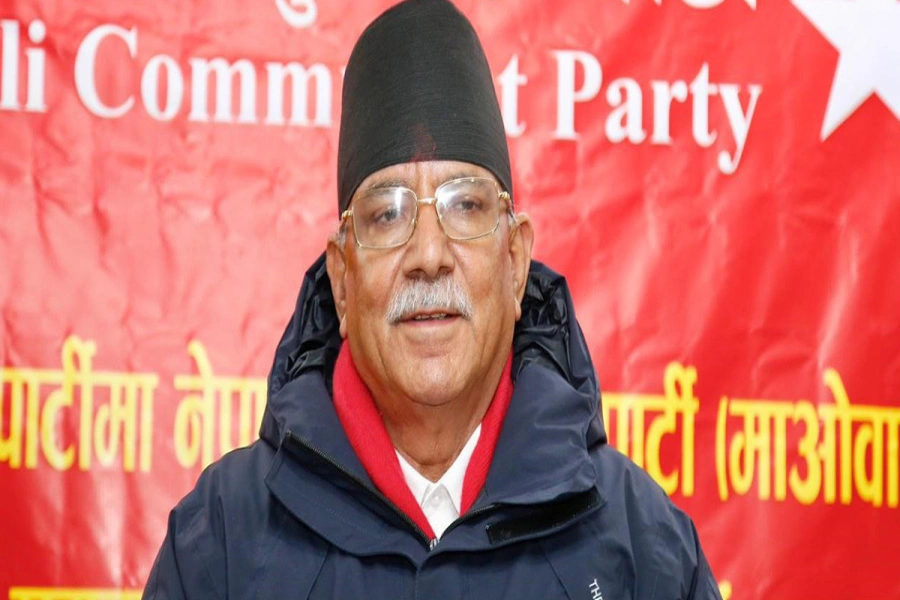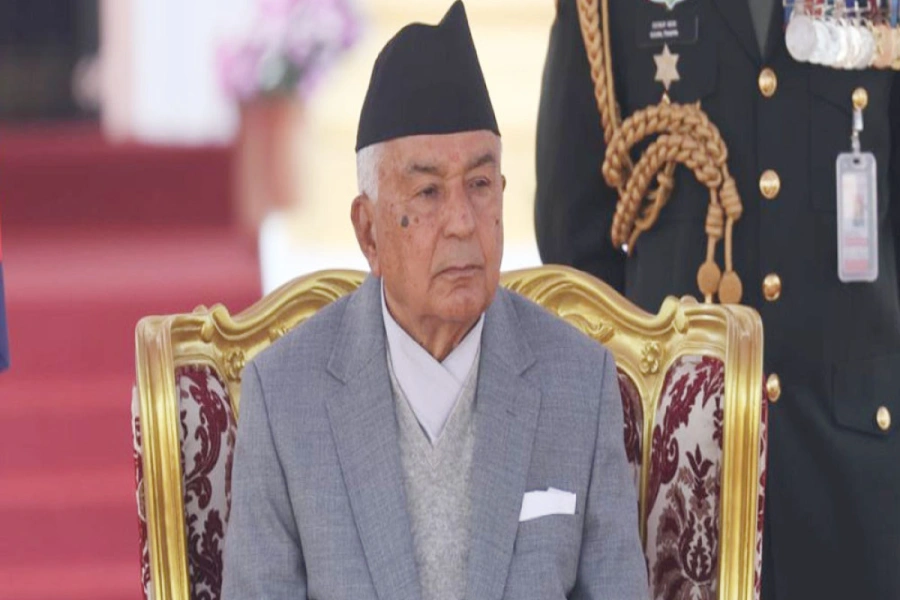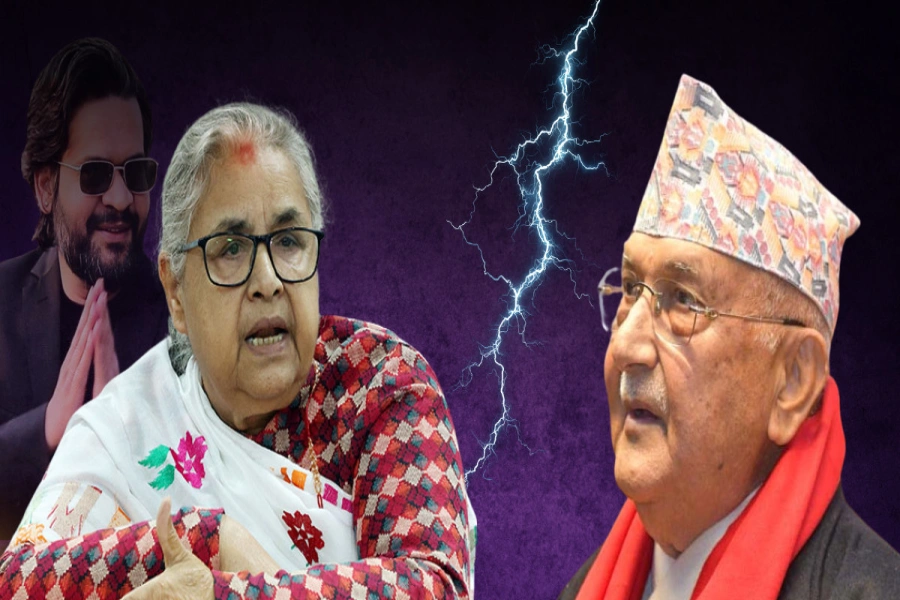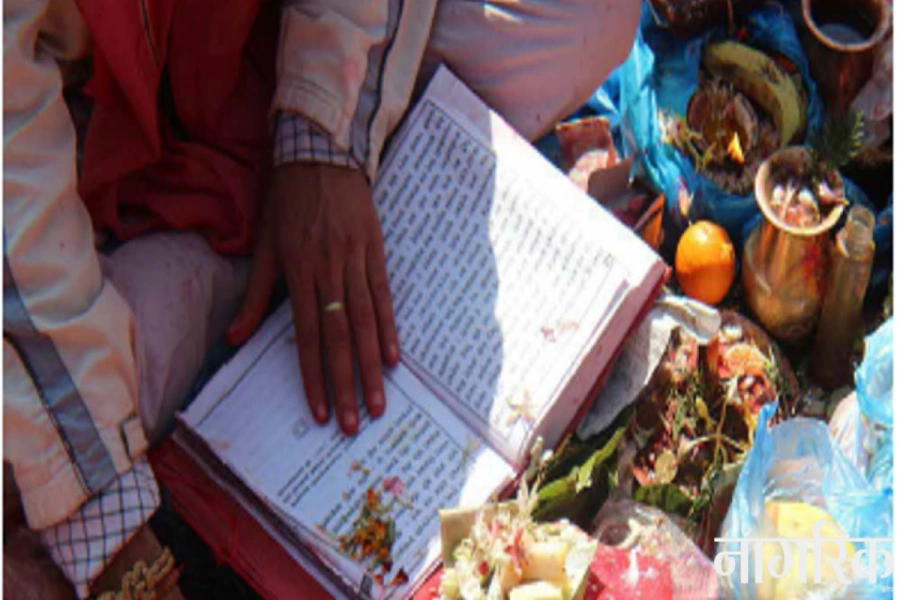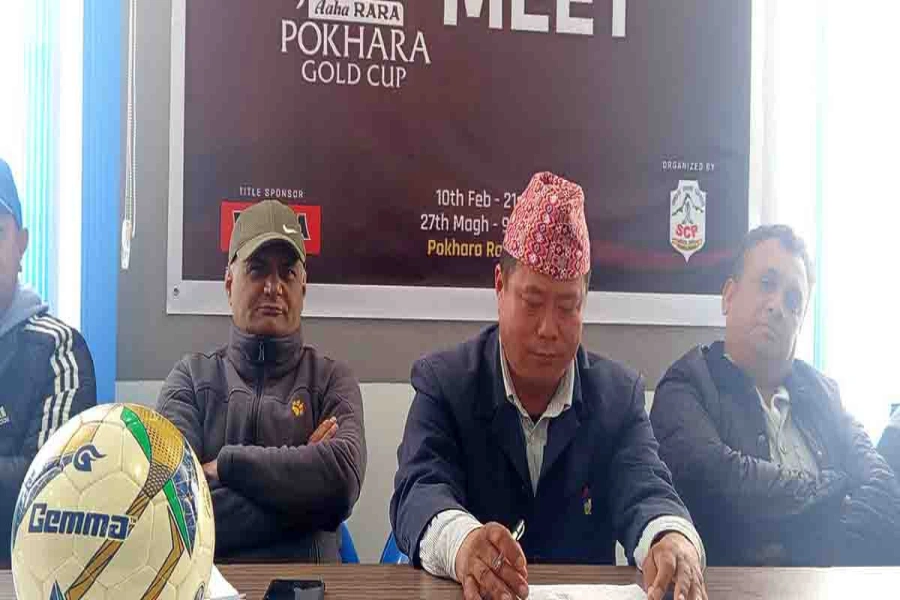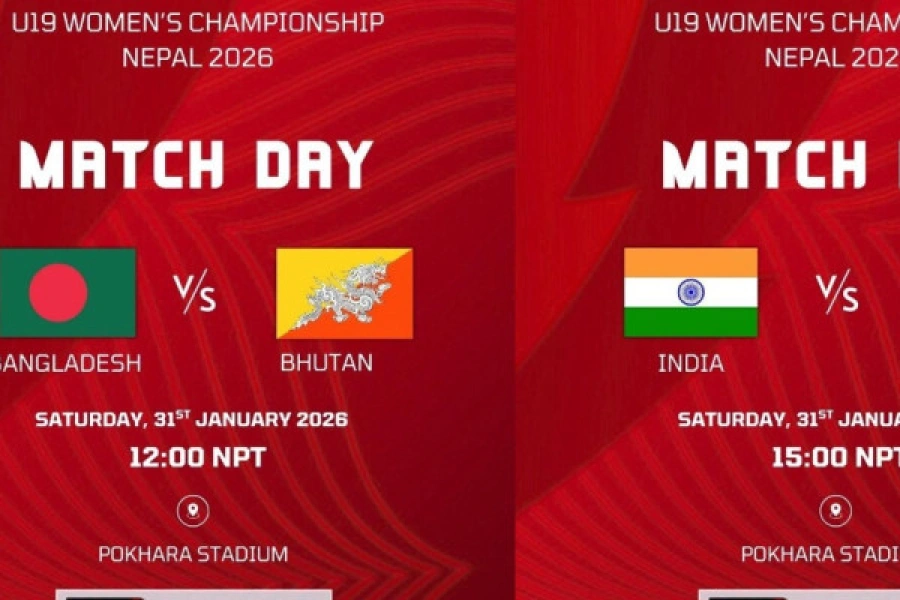Recently, chief of Indian Army Staff General V.K. Singh’s claim in a media interview that he was offered a bribe of InRs 140 million by an equipment lobbyist for clearing a consignment of 600 Tatra trucks had sparked outrage and alarm across the Indian polity. This revelation of an attempted bribery which led to a spat between the army chief and the Ministry of Defense pointed at how malignant corruption has become within India’s defense sector. Since the Bofors scandal in the late 1980s, procurement in the Indian defense sector has spawned a thriving underground economy where middlemen and agents use power, politics and money to influence purchases.
India’s overdependence on foreign arms, military experts believe, is one of the key reasons why international arms dealers are able to influence the state’s defense establishment. India has been the world’s top arms importer between 2007 and 2011 as it buys over 70 percent of its military hardware from abroad. And, it is estimated that an arms agent earns somewhere near four percent of a contract in India which makes for hundreds of millions in illegal commission annually.
In recent decades, corruption in procurement of defense and security logistics has not only been a challenge to developing countries like India but also to the least-developed countries like Nepal.

Though it is difficult to compare Nepal and India for size of defense and military spending, the veil of secrecy over defense and security purchases in both the countries often extends wider than can be justified, thus leaving little room for oversight, checks and balances. Defense and security sectors are always pushed behind the veils of official secrecy citing security and national interest issues. But independent studies show that official secrecy serves corrupt officials more than any country’s national interests.
The International Monetary Fund estimates defense and security sector’s global spending to be around US $1 trillion annually. Although it is difficult to quantify corruption volume, the US Department of Commerce estimates corruption in arms trade accounts for 50 percent of all transactions globally. Yet another survey, Bribe Payer’s Index of the Transparency International, has ranked defense and security as two of the three most corrupt sectors (along with oil and construction).
Globally, corruption adds up to 25 percent to the cost of procurement contracts in developing and least developed countries. Defense and security purchases are no exception to this scourge as procurement has become increasingly lucrative over the years. Existing red tape, favoritism, rent-seeking tendencies and opaque decision-making process make for corrupt practices in these institutions. Defense and security-related procurement is one area that could tremendously benefit from greater transparency and openness.
Let´s look at our own Sudan scam, the biggest corruption scandal in Nepal’s security sector. The Special Court (SC) convicted three Inspector General of Police (IGPs) in a single Sudan case, while former IGP Moti Lal Bohara has also been convicted of corruption recently. Of the altogether eight IGPs who have headed Nepal Police since 1990, four have already been convicted of corruption while one more case (of former IGP Pradip Shamsher Rana) is awaiting verdict at the apex court. This is a proof that corruption is getting more intrinsic and endemic at higher echelons of our security sector, not to speak of the lower institutional strata. Failure to stamp out corruption may invite more institutional malfunctions and disrepute in the days ahead.
Nepal Police’s rule-bending in Sudan scam hints that our bidding and tender selection processes are routinely manipulated to favor palm-greasers and suppliers who offer enormous kickbacks. Our procurement modality within defense and security sectors is set up in a way that always favors cartels and syndicates, which influence the overall process right from preparation of the tender document to evaluation and final selection stage.
In recent years, the issue of transparency, accountability and civic oversight over procurement of security and defense logistics has gained in urgency given the country’s vulnerability to misuse of public money. As these institutions spend taxpayer money through public contracts and procurement annually, every penny must be accounted for. Many countries have adopted multiple approaches to reduce procurement-related corruption in security and defense sectors.
The first approach is setting up a unified military/security procurement body whose main advantage is a single point of accountability. Shifting procurement from the hands of military and security agency to the hands of an independent civilian body can bring transparency and reinforce accountability. A more transparent procurement process through such a unified agency ensures greater accountability, professionalism and efficiency. South Korea has set up a single agency to procure entire defense and security related logistics and equipments to control corruption.
The second approach is conducting periodic external review of defense and security related procurement process. This can be done by the parliamentary committees or by the Ministry of Defense involving independent civil society organizations. For instance, the Kinnaird Report of the Defense Procurement Review in Australia in 2003 was the catalyst for widespread anti-corruption reforms carried out in the following years. The most important component of the reform in Australia was the transfer of the Defense Materiel Organization, responsible for defense procurements, from a government department to a civilian agency. This shift has been instrumental in reducing graft in defense procurements in the country.
The third approach is the adoption of electronic bidding and procurement system for greater transparency and accountability. Experiences abroad show that online tendering and bidding process for procurement of goods and services (including in security and defense sectors) has become one of the most important tools in fighting corruption. Electronic bidding has been a favored reform approach in many Latin American countries as it has saved about 20 to 40 percent of the costs and shortened procurement time by 20 to 30 days compared to manual tendering processes spanning months.
The fourth approach is the use of use of Integrity Pact (IP), which has been extensively used in Latin American countries with considerable success. These are enforceable anti-bribery pledges signed by all parties to a defense or security procurement contract and overseen by independent monitors. Colombia and Latvia have used IP in major defense procurements which has enhanced transparency and accountability. Similarly, countries like India, South Korea and the UK, among others, are also considering the use of integrity pact in defense and security procurements. For us too, it can prove helpful in ensuring probity and transparency in procurement process.
The Sudan scam has exposed the security sector as the least looked-into area in terms of internal-control safeguards and anti-corruption reform in Nepal. Thus, it would be wise to take Sudan as a wake-up call rather than just another anecdote of corruption. It is high time that we learn right lessons and explore ways to curb institutional corruption through enhanced procurement approaches. Otherwise, the endemic corrupt practices could eventually have grave repercussion on national security and defense. The Sudan scam, besides being a big dent on Nepal´s international reputation as able peacekeepers, has explicitly heightened the need for robust policy and strategic measures in order to make these institutions transparent, accountable and corruption-free.
pbhattarai2001@gmail.com
Red Panda in school curriculum







